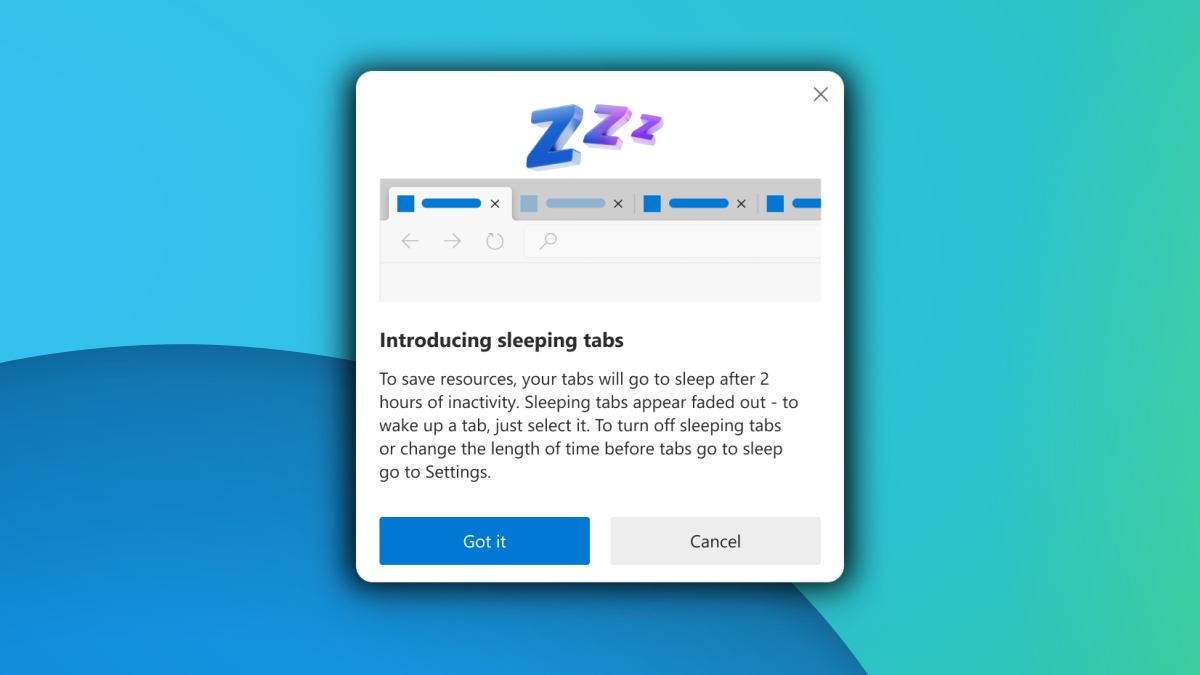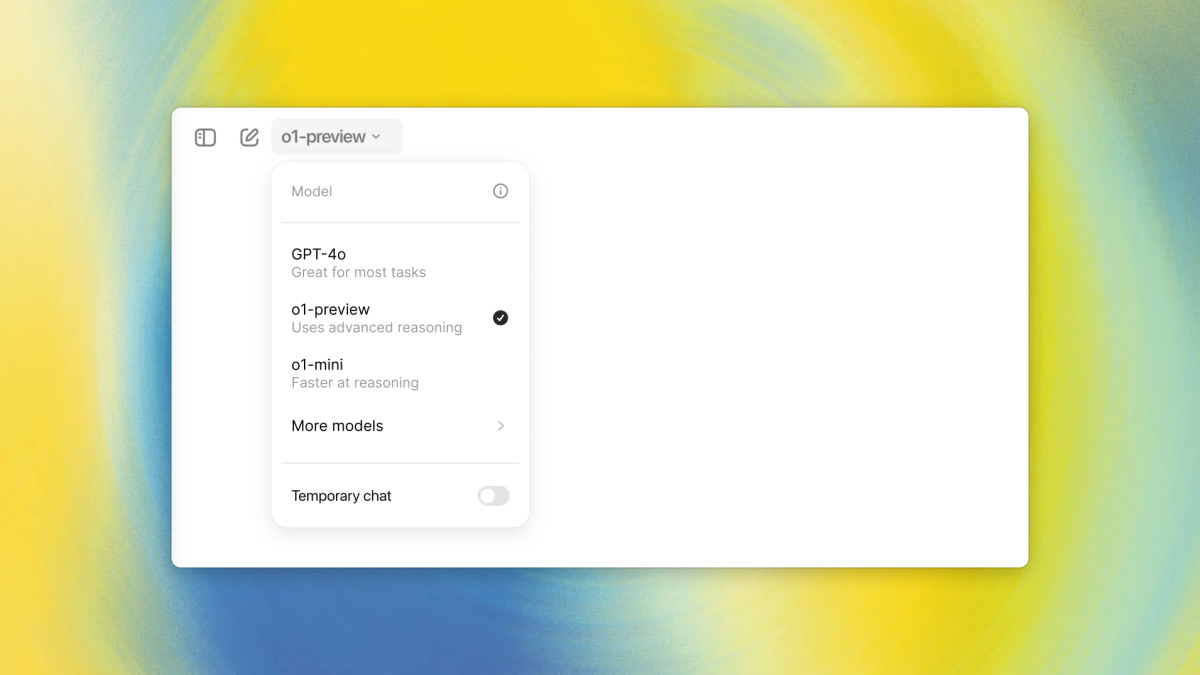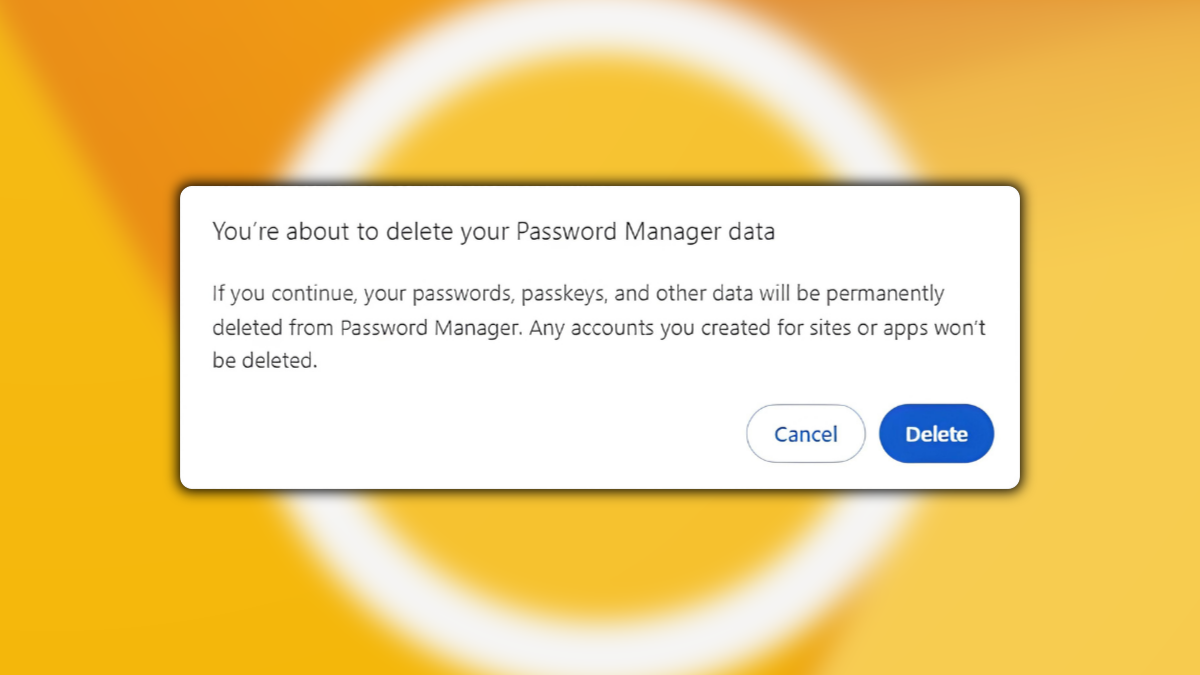Joe Belfiore's statements on Windows Phone fall short of a proper apology
3 min. read
Published on
Read our disclosure page to find out how can you help MSPoweruser sustain the editorial team Read more

Today on Twitter for the first time we had a senior Microsoft official admit Windows Mobile is no longer suitable for consumers, and that the company is not planning new features or new hardware.
While the statements were a relief for many who were waiting for some kind of closure, it is important to realize that it is still far from an apology for the chaos of the last 3 years, ever since Satya Nadella come to power in 2014, and that many would disagree with his statement that “we have tried VERY HARD.”
Ps – yes, it's an iPhone today … Trying out iOS 7.1 . No need to alert the media. 🙂
— Joe Belfiore (@joebelfiore) March 19, 2014
As can be seen in the graphic above, loosely taken from guidance by Ohio State University’s Fisher College of Business, there are 6 elements to a proper apology.
The first and most basic one is an expression of regret, and oddly enough this is one of the hardest to come by. As a half a trillion dollar company Microsoft does not want to appear vulnerable and admit missing a mobile platform is a weakness. Instead, Microsoft is simply forging ahead as if this was their plan all along.
The second is an explanation of what went wrong. There has been plenty of autopsies by external observers and even ex-insiders, but we never heard from Microsoft themselves why they thought rebooting their mobile platform 3 times, leaving developers and users behind at every step, would ever have had a different outcome than at present.
The third is an acknowledgement of responsibility. This is clearly another element missing from Belfiore’s statements. Where external observers see clear mismanagement Microsoft only admits to forces of nature and competition, not seeing history repeating itself constantly in other areas of the company as it fails to compete with its peers.
The fourth is a declaration of repentance – ie expressing sorrow for their mistakes. Without a proper pledge of this many will never trust Microsoft and their initiatives again, expecting Windows Mixed Reality headset buyers will also be stranded in a year’s time, much like Windows Phone 7 buyers.
The 5th element is an offer of repair. We saw in the past, for example, Microsoft gave unlimited OneDrive subscribers a terabyte of storage when the system suddenly went limited. No such olive branch has been stretched out to Windows Phone buyers.
Lastly is a genuine request for forgiveness. Of course in the absence of all of the above steps, such a request would be silly.
So while many of our readers now have some sense of closure, there is no indication Microsoft has learned anything from the experience, while most of the world has learned not to trust Microsoft.
Maybe we should wait for Satya’s next book…









User forum
0 messages